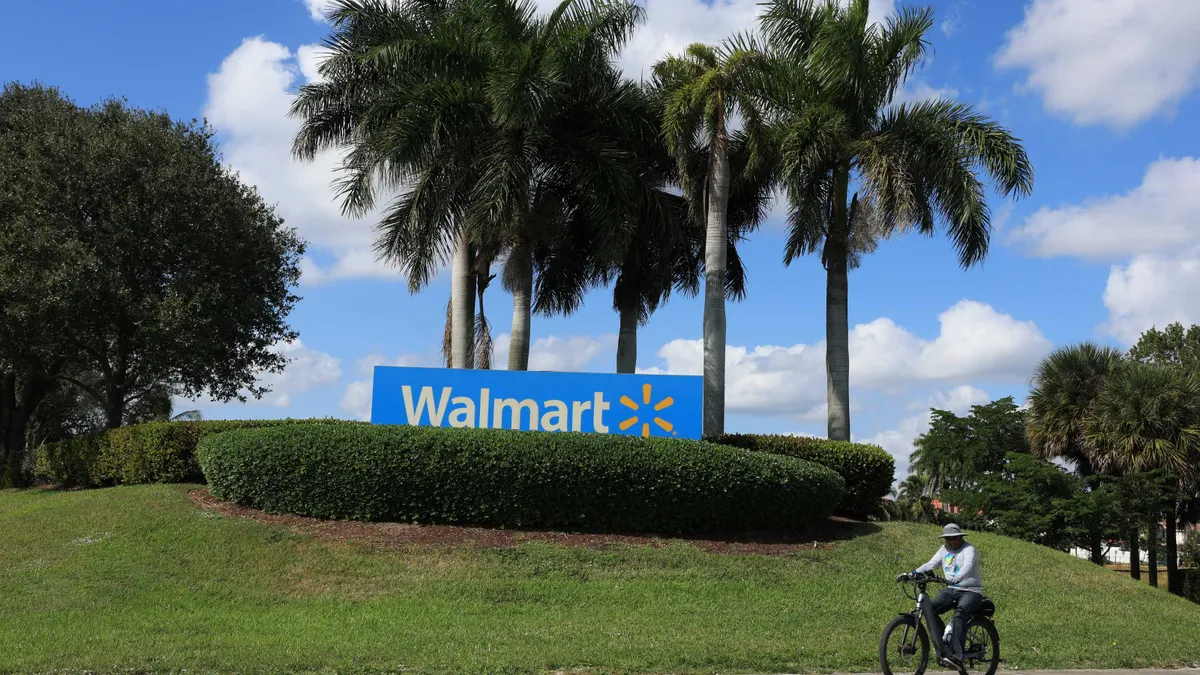The payments industry last year racked up more than $50 billion in deals worldwide, making it one of the busiest years ever for deal-making, according to two firms that tracked the acquisition activity.
The merger and acquisition data firm Dealogic logged 173 deals worldwide valued at $53.51 billion. While that's nowhere near the $140.9 billion transaction value record set in 2019, it runs neck-and-neck for the second-highest dollar level of $53.6 billion set back in 2015, according to Dealogic. It ranked as the third-busiest in terms of the number of transactions, falling short of a record 202 deals last year and 182 in 2019.
The payments industry consulting firm Strawhecker Group came in with different figures, tabulating 127 transactions worth $76.6 billion, according to a spokesperson for that firm. That’s a record number of deals by its tally, inching past the 125 deal count last year, though more than the $169.4 billion value record set in 2019.
Either way, the industry had a bonanza year in 2021. Both Dealogic and Strawhecker numbers received their biggest boost from digital payment tool company Square’s August announcement that it would pay $29 billion to acquire the Australian buy now-pay later firm Afterpay.
The acquisition activity spooled up as young fintechs sucked up billions of dollars in venture capital, fueling their ambitions to grow and compete aggressively with incumbents. Digital new entrants were already roiling the industry before the COVID-19 pandemic showed up in 2020, but that deadly contagion further spurred an e-commerce evolution that contributed to the industry's expansion.
Payments companies saved up money in 2020 and plowed it into acquisitions last year, said Zach Spellman, who tracks deals for Strawhecker. “There’s just a lot of build-up cash on hand that has led to many of these acquisitions,” Spellman said in a recent interview.
And while it’s a sellers’ market at the moment, buyers generally haven’t been intimidated by higher prices, Spellman said. Companies were more inclined to spend additional capital last year than they may have been in the past to make up for growth they missed out on due to the impact of the pandemic, he said.
“Buyers are willing to pay that premium price if the target is in line with what they’re seeking,” Spellman said.
Hot targets
Buy now-pay later businesses, restaurant-related fintechs and cybersecurity firms were all hot targets for payments acquisitions last year.
The worldwide BNPL trend was underscored by San Francisco-based Square’s mega acquisition of Afterpay, followed by California digital payment rival PayPal’s September announcement that it would pay $2.7 billion to buy the Tokyo-based BNPL company Paidy.
As restaurants faced pandemic-related difficulties, they adopted new payments tools at increased rates, making digital companies that cater to them attractive. For instance, the payments software company SpotOn acquired Appetize, which provides concession and commerce services for sports arenas and other entertainment venues.
Cybersecurity businesses attracted buyers as fraud soared alongside e-commerce. For instance, global card network giant Mastercard said in April that it would acquire identity verification company Ekata for $850 million in a bid to better secure transactions and prevent fraud. The card company announced another acquisition in September, buying a crypto security company called CipherTrace.
Another area of interest for acquirers, especially merchant service providers, was independent software vendors that provide payment tools. “It’s apparent that acquiring these software vendors to reach more merchants has become a successful avenue of growth,” Spellman said.
Tinley Park, Illinois-based payment processing company Payroc Worldaccess continued an acquisition spree in which it has been snapping up independent sales organizations across the country.
Companies outside the U.S. also got into the action. Swedish buy now-pay later company Klarna collected a pile of capital that reportedly allowed it to make a major German acquisition, in addition to other smaller acquisitions.
2022 activity to remain steady
The 2019 deal value record was driven largely by big incumbent payment processors FIS, Fiserv and Global Payments dueling to expand by way of multi-billion-dollar transactions.
The discrepancies between Dealogic and Strawhecker's figures could be tied to a number of factors, including the companies they include in their tallies and their definitions of acquisition.
Dealogic's figures, reaching back to 2000, include any software financial technology company “engaged with payment processing solutions,” “engaged with payment automation solutions" or any “developer and provider of payment API technology,” a spokesperson for the research firm said.
It tracks deals “where there was an economic change of ownership" of more than $50 million, or more than 5% of a company, the spokesperson added. The firm could still revise its figures higher as more data comes in.
Strawhecker's Spellman noted that he largely tracks “merchant acquiring” deals, such as merchant service providers, independent sales organizations, payment processors and gateway companies, and that his focus tends to be U.S.-centric. He also noted that Strawhecker included some special purpose acquisition company transactions.
For 2022, Strawhecker’s Spellman expects M&A activity in the industry “to remain steady,” and he refrained from talking about another record-breaking year.





















